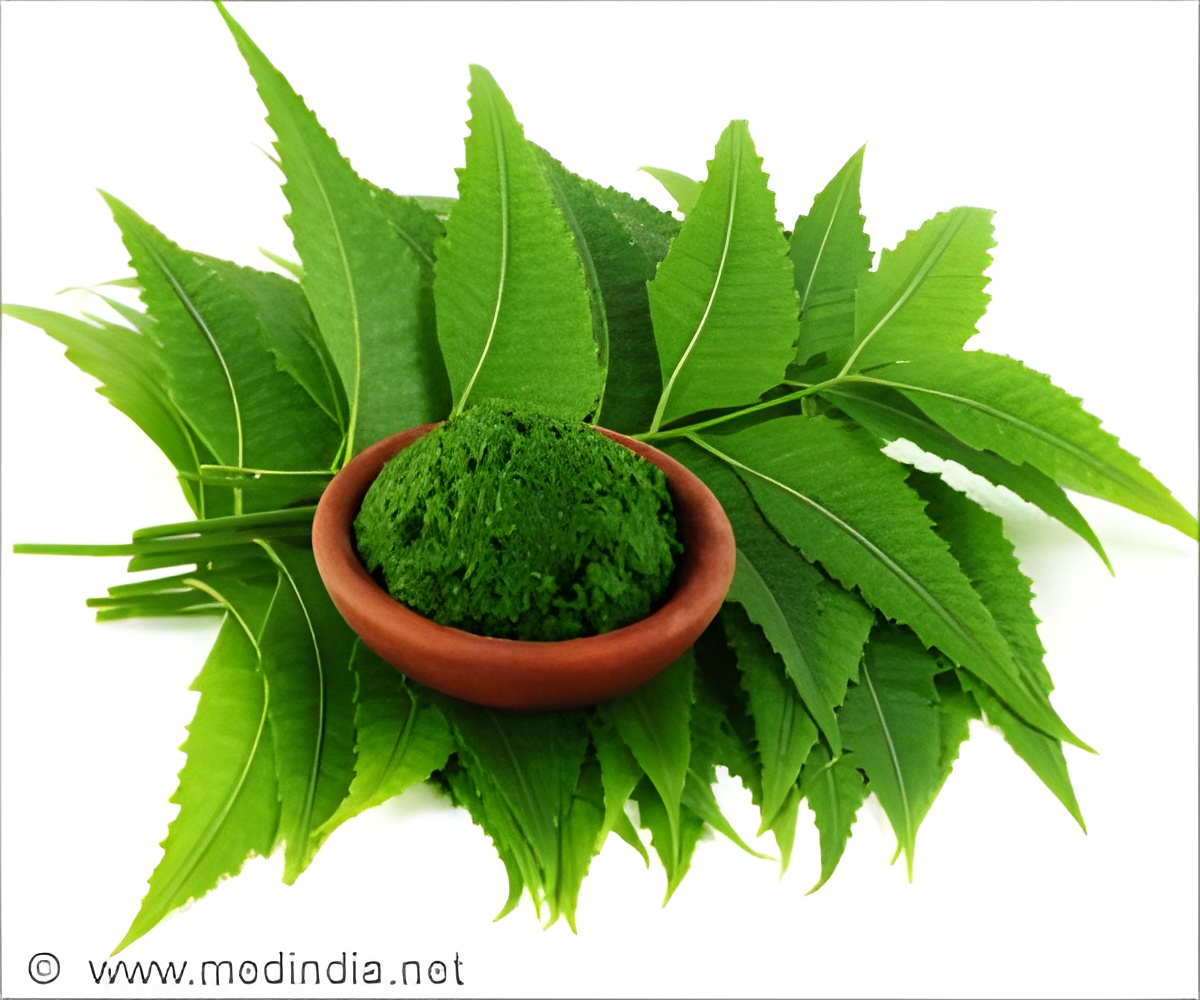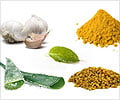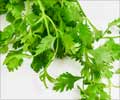Shrinking of forests and climate change is resulting in a constant threat of herbs gradually getting extinct.

To overcome this hindrance, 55 traditional Ayurveda practitioners residing in remote Kanchanchanpur sub-division of North Tripura have come together under the banner of the Vaidyaraj Herbal Growers Society (VHGS) and developed ten herbal gardens at various spots. The members of VHGS have collected hundreds of rare species of herbs useful in preparing Ayurvedic medicines from far flung areas and are growing them in these gardens.
Besides preservation, the idea behind the herbal garden is to get access to various herbs at one spot as and when necessary or required.
One such garden has come up in the house of Dr. Amiya Choudhury, an Ayurvedic practitioner at Netajinagar village in Kanchanpur. The garden is spread over an area of two hectares and has over 500 species of herbs, all collected by members of the society from various places during the last year. These Ayurvedic practitioners gather at these herbal garden at regular intervals to nurture their collection of herbs and share their traditions and knowledge.
Dr. Choudhury, the group's leader, said, "We are collecting medicinal plants from far-flung places and growing them in our herbal gardens. At present, we have 500 species of medicinal plants for various diseases right from stomach problem, flu, fever, broken bones, snake bite, liver problem, jaundice and many others in our garden. We wanted to collect and share this traditional medical knowledge from various tribes and communities of this area like the Chakma, Bengali, Reang, Mog and formed a committee. Now, with the reduction of forests, these plants are getting less. So, we took this initiative to collect them here and the CFLE has helped us in this."
Simultaneously, the group is also documenting their ancestral knowledge on Ayurveda passed down by their ancestors through the oral route. They are presently in the process of giving it the shape of a book so that the knowledge can be preserved and passed on to the future generations.
Advertisement
Punyamani Chakma, an aged Ayurvedic practitioner, said, "I practice Ayurveda to earn a livelihood and this has been my forefathers profession. Earlier, we use to get all these medicines from the forest, but now, we get them from this garden and it is very useful for me."
Advertisement
Ratneshwar Chakma, a member of the VHGS, said, "Since these medicinal plants are gradually getting extinct in the jungle, so we are collecting them from there and growing them here at one place. We are growing them here so that we may get whatever we need at any moment. If we get a license, then it will be very beneficial, because it will allow all 55 of us to sell our products in the Kanchanpur market. Now, without a license, we are not allowed to sell in the open market."
The Indian Government has been supporting research and teaching in Ayurveda through many channels at both the national and state levels. The state-sponsored Central Council for Research in Ayurvedic Sciences (CCRAS) is designed to conduct research studies on Ayurveda. At present, India has over 180 training centers those offer degrees in traditional Ayurvedic medicine.
Source-ANI















